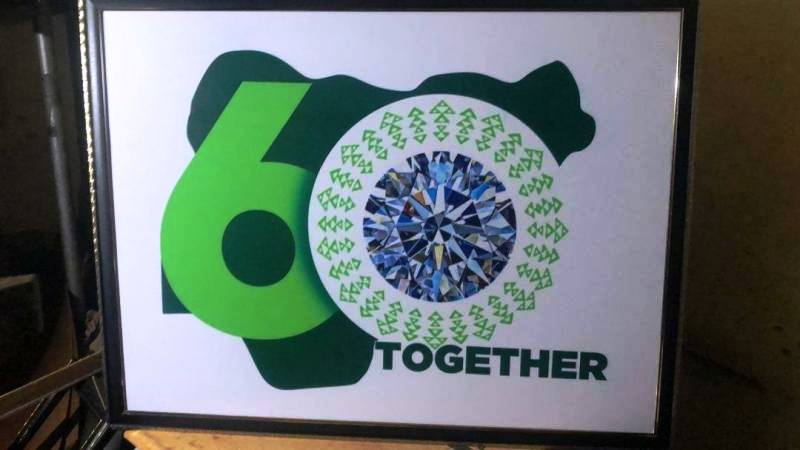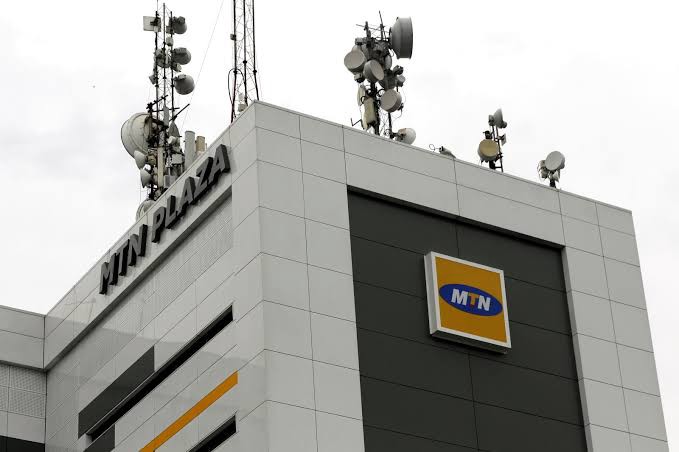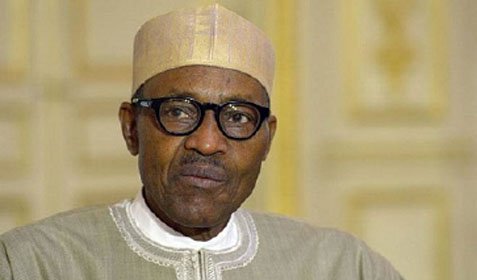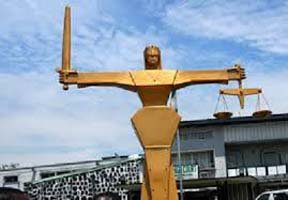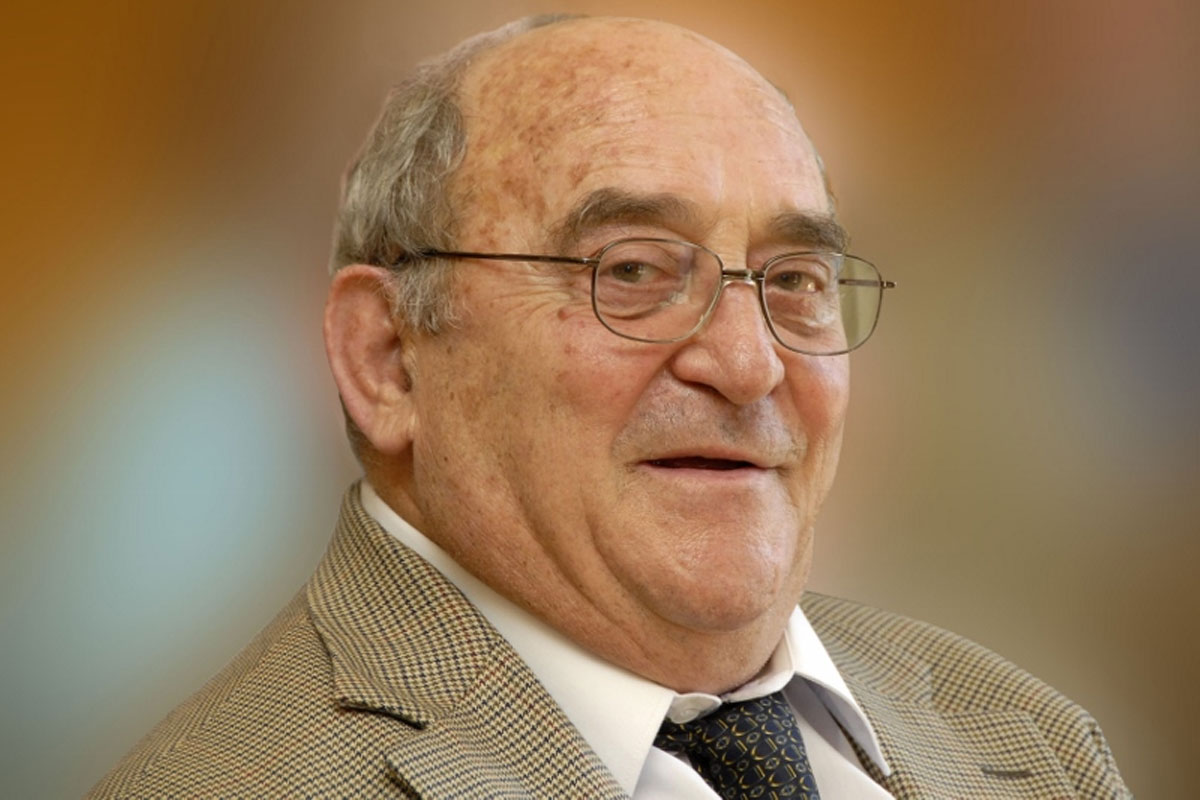Nigeria’s Consul-General in Johannesburg, Godwin Adama says Nigerians living in South Africa are marking Nigeria @60 in sober reflection.
Adama, who disclosed this in a telephone interview on Thursday, said Nigerians in South Africa were excited over the anniversary celebrations and would join numerous Nigerians globally to celebrate Nigeria at 60.
According to him, Nigerians in South Africa marked this year’s diamond anniversary of Nigeria’s independence without fanfare, but were in sober reflection.
“Particularly, when there is restiveness among sections of South African population on condemnation of high rate of crimes in their country, for which some Nigerians are allegedly perpetuating.
“This led to a peaceful demonstration against Nigerians to the Nigerian High Commission in Pretoria, on Sept. 23.
“Another peaceful protest is expected on Oct. 16, to the country’s Home Affairs against foreigners, including Nigerians.
“We have so far managed the development, to avoid it spreading to attacks on Nigerians,” he told NAN.
He noted that a number of Nigerians resident in South Africa are professionals, including medical doctors, the clergy and the academia and had condemned crimes in all its ramification.
He also said that the mission had advised against profiling of all Nigerians as criminals, while condemning crimes perpetuated by Nigerians and other nationals, including South Africans.
“Nevertheless, Nigerians are confident that the 60th anniversary of Nigeria’s independence will be celebrated with prayers for their safety in South Africa, as well as for strengthening of Nigerian sovereignty and peace.
“No fanfare though but celebrations are on; the mission is on top of the situation and has appealed for calm, while wishing all Nigerians in South Africa, fruitful celebrations,” he added.
The consul-general disclosed that the mission, as at Sept. 29, met with a group of South Africans United Against Crimes, an NGO, to collaborate on fighting crimes and project positive image of Nigerians in that country.
He explained that Nigeria’s independence was celebrated by the mission among Nigerians, particularly in 2017, 2018 and 2019 respectively.
“We used the opportunity of celebrations to showcase Nigeria’s culture, as well as celebrating arts and women development in arts in 2019 with the theme, “Rise Up Naija.
“A celebration of Nigerian artists, comedians and Nollywood actors along with their South African Counterparts, on promotion of peace between the peoples of the two countries and Africa generally.
“It was well received and led to participation and endorsement of Nigerian authorities, the Nigerian community, led by the Nigerian Citizens Association actively participated and celebrated Nigerians.
“This year, we shall be celebrating few Nigerians who proved themselves in service and impacted others positively, including medical doctors and the academia,” he also said.
More so, he said that the Nigerian Doctors Forum, led by Dr Emeka Ugwu recently organised its Annual General Meeting, as a measure to celebrate Nigeria’s independence, saying other Nigerians there equally did same.
He said that the missions remained resolute to ensure adequate protection of Nigerians living in South Africa, while revealing plans to organise a Pan-Nigerian meeting of representatives of all ethnic and cultural associations.
He said that such meeting would include the leadership of Nigerian Citizens Association, to discuss issues that surrounds crime and profiling of Nigerians, come-up with lessons and actions that would benefit Nigeria’s image and protection of lives and property.
“This is a proactive measure to avoid future attacks on Nigerians and reduce xenophobic feelings against them,” he said.

